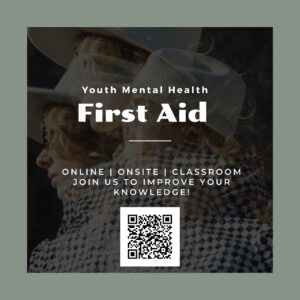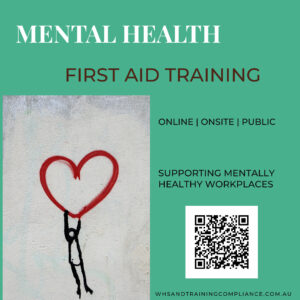You’d think young people would take advantage of quarantine to wind down their already disturbed sleeping patterns. It turns out, they’re staying up late and waking up late all the same. Sleeping problems with young people are a concern parents have in common. It would have been easy to ignore in any other day, but during this global pandemic where viral infections gravely affect those with weaker immune systems, a disturbed body clock is the least we want our children to have.
Apart from its physical consequences, poor sleeping patterns have a negative implication on young people’s mental health. According to Harvard Health Publishing, individuals with sleeping problems are more likely to experience symptoms of depression and anxiety. If their habit of making mornings their midnight and waking up during sunset presses on, they might face more complicated problems in the future.
Sleep may be among the most basic human function, but many still find it difficult to get right. If you’re looking to help your teenager correct their sleep cycle, here are 4 areas you can start with.
Exercise. Getting at least 30 minutes of moderate exercise daily helps people fall asleep quicker and wake up less frequently wake in the middle of the night. One said reason behind this is the drop in body temperature post-exercise, which provides favorable conditions for sleeping. So, convince your teenager to sneak in a quick run or swim in their daily schedule. It might just be the answer to their sleep-wake woes.
Blue light from mobile devices. The blue light coming from electronic devices causes the circadian rhythm to go awry. At night, blue light powerfully suppresses the secretion of melatonin (the hormone the regulates the sleep-wake cycle) leading to prolonged awake time for avid users of mobile phones, tablets, or television. It is suggested that teens should hide away their devices at least one hour before bedtime.
Good bedroom practices. To reset a disrupted sleep cycle, teens should be more mindful of their bedroom habits. The bed should be considered as a sacred place for rest. Any activity, be it for entertainment or school, must be performed elsewhere so teens can distinguish sleep from work. It also helps to block the noise out and keep the room comfortably dark during bedtime.
Stimulants. Avoid taking stimulants before sleeping hours. Coffee and nicotine facilitate brain activity and thus don’t help make people fall asleep quicker. Others would resort to alcohol (a depressant) to sleep easily but its effects are short-term. Alcohol also compromises sleep quality causing people to wake up feeling unrefreshed.
A concept many teens are quite familiar with these days is “self-care”. Though self-care is often pictured as the act of pampering the self with bubble baths and self-masks, it can come in the form of re-configuring a disturbed body clock. Or making lifestyle changes that will bring long-term mental and physical health benefits. While the above mentioned steps may be helpful, they are not guaranteed to reform your teenage child’s health choices. These won’t also do the trick for more serious sleeping problems such as chronic insomnia. Keep in mind that it’s always best to consult a mental health professional for a combination of medical and behavioural treatments due to fatigue or sleeping problems.
Problems with teenage sleeping problems
In order for a teenager’s brain to develop properly, he or she needs between 8 and 10 hours of sleep each night. Chronic sleeping problems have these consequences:
- Having difficulty concentrating on a task
- In class, one often finds oneself mentally ‘drifting off’
- An inability to pay attention for long periods of time
- Deterioration of memory
- Decisions that were poorly made
- Absence of enthusiasm
- The tendency to be moody and aggressive
- Feeling depressed
- Behaviour that involves taking risks
- Physical reflexes take longer to respond
- Injuries that may occur as a result of clumsiness
- A reduction in sporting performance
- Performing poorly academically
- Increasing number of ‘sick days’ from school due to fatigue
- Absence from school due to fatigue.
For more details about Youth Mental Health First Aid workshop, give us a call at 07 5499 2406.
We deliver fatigue management workshop (online, onsite) and Youth Mental First Aid training which we can deliver face-to-face and online across Australia.
Access Mental Health Awareness Books from Amazon: Mental Health Books















